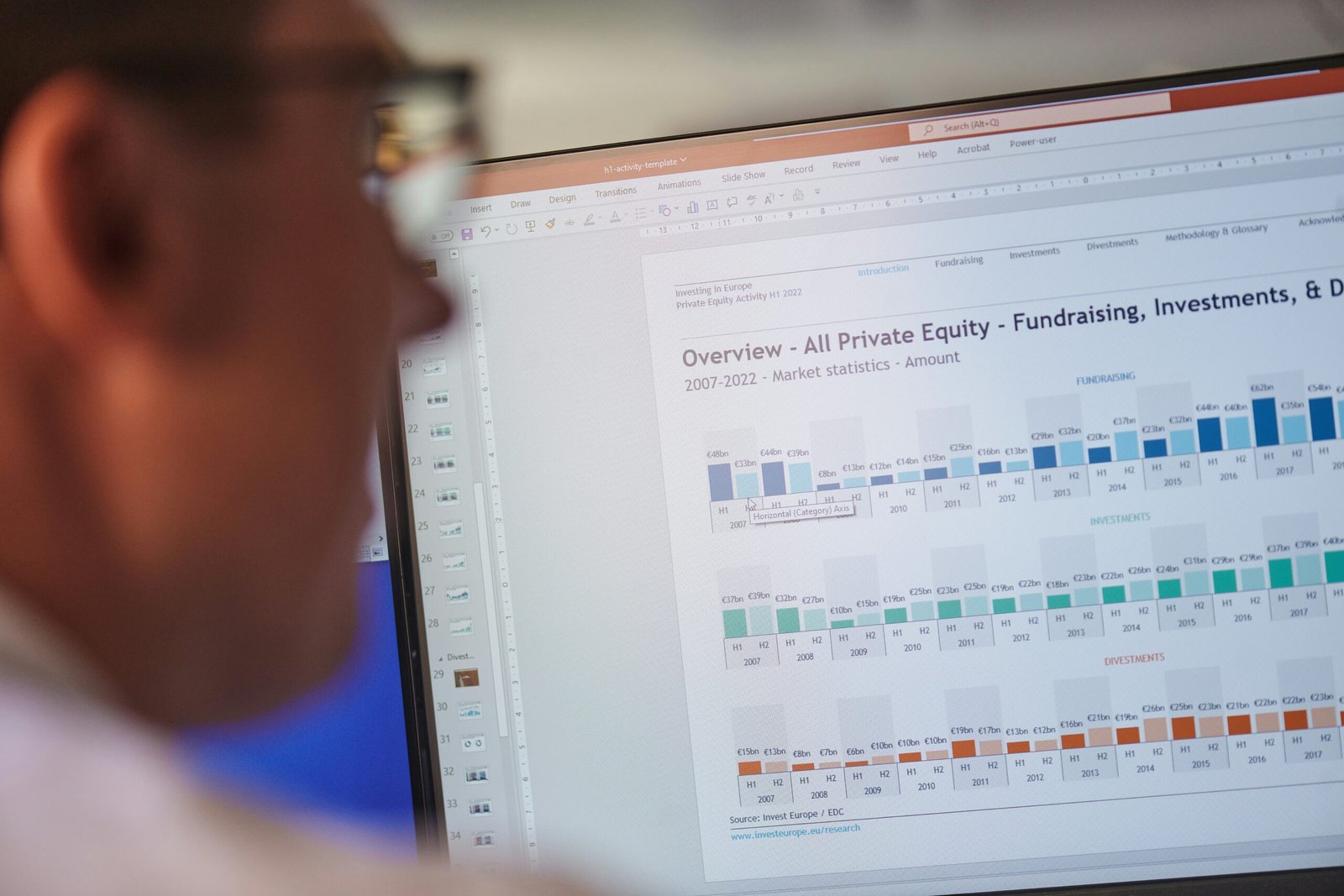Understanding Generative AI
Generative AI refers to a subset of artificial intelligence that focuses on creating new content, rather than merely analyzing existing data. This technology leverages advanced algorithms to generate text, images, music, and other forms of media that can mimic human creativity. The foundation of generative AI lies in neural networks, particularly deep learning models, which utilize layers of interconnected nodes to process information and produce an output that is often indistinguishable from human-generated content.
Unlike traditional AI models that operate primarily on defined rules and datasets, generative AI innovates by learning patterns from vast amounts of data. These models, such as Generative Adversarial Networks (GANs) and Variational Autoencoders (VAEs), are designed to generate new instances that resemble the training data. GANs, for example, consist of two networks: a generator, which creates new data, and a discriminator, which evaluates the authenticity of the generated content. This adversarial process enables the generator to improve over time, yielding increasingly realistic outputs.
The capabilities of generative AI extend to various domains, including text generation, image creation, and automated music composition. In the realm of content creation, it can produce articles, poems, or even entire novels based on the style and themes provided as input. Furthermore, in industries such as gaming and entertainment, generative AI is used to design characters, environments, and storylines, augmenting human creativity with algorithmic assistance.
As the technology continues to evolve, the unique aspects of generative AI promise to revolutionize fields ranging from marketing to healthcare, enabling personalized experiences and solutions that were previously unimaginable. Understanding these foundational concepts is essential for grasping the transformative potential that generative AI holds for the future of quality reporting and beyond.
Impacts of Generative AI on Quality Reporting
Generative AI is revolutionizing the field of quality reporting by transforming the way data is analyzed and reported. One of the primary benefits of this technology is its ability to enhance data analysis significantly. Traditional methods of data aggregation and reporting often involve considerable manual effort and are prone to human error. However, with the application of generative AI algorithms, quality reporting can be expedited through sophisticated data analysis, enabling organizations to derive insights faster and more accurately. For instance, AI-driven tools can automatically process vast amounts of data, detecting patterns and correlations that might have gone unnoticed using conventional techniques.
Additionally, generative AI facilitates the automation of reporting processes, which can lead to significant efficiency gains. By automating routine data entry and report generation tasks, organizations can reduce the workload on their staff, allowing them to focus on more strategic activities. This has been particularly useful in sectors such as healthcare, where timely reporting can be critical. For example, hospitals utilizing AI to generate patient care reports have reported a decrease in report preparation time by as much as 50%, thereby allowing healthcare professionals to dedicate their time to patient care rather than paperwork.
Moreover, the implementation of generative AI enhances accuracy in findings. AI systems can analyze data objectively, minimizing biases that may affect human judgment. The precision offered by these technologies ultimately leads to more reliable quality metrics. Case studies from the manufacturing sector showcase this advantage, where AI-driven systems have detected defects in production lines with an accuracy rate exceeding that of human inspectors. The resultant improvement in product quality not only boosts customer satisfaction but also reduces costs associated with returns and recalls.
The integration of generative AI in quality reporting paves the way for new opportunities across various industries, reinforcing the importance of leveraging advanced technologies to enhance operational effectiveness.
Challenges and Ethical Considerations
The integration of generative AI into quality reporting presents various challenges and raises essential ethical considerations that must be addressed to ensure responsible deployment. One prominent concern is data privacy. As organizations leverage AI to generate reports, they often rely on vast datasets that may contain sensitive information. Ensuring that personal or confidential data is adequately protected highlights the need for stringent data handling protocols and compliance with regulations such as GDPR. Organizations must prioritize transparency in data usage to maintain public trust.
Another significant issue pertains to algorithmic bias. Generative AI systems learn from the data they are trained on, which can inadvertently incorporate existing biases present in those datasets. This can lead to skewed or inaccurate report generation, adversely affecting decision-making processes and potentially perpetuating systemic inequalities. It is critical for developers and organizations to implement rigorous testing and validation processes to identify and mitigate biases within AI systems, ensuring that the generated quality reports reflect impartial viewpoints.
The reliability of AI-generated reports is also a key consideration. While generative AI can process large amounts of data quickly, the quality of outputs must be scrutinized, as errors or inconsistencies may arise from various factors, including flawed algorithms or unrealistic training scenarios. Establishing a framework for human oversight is vital to monitor the outputs produced by generative AI and ensure that they meet established standards. Businesses should consider adopting best practices that involve human intervention at different stages of the reporting process, thereby enhancing the quality and accuracy of AI-generated outputs.
To navigate these challenges effectively, organizations must develop ethical frameworks that outline best practices for deploying generative AI in quality reporting. Emphasizing the importance of accountability, transparency, and fairness will help create an environment where AI technologies can be harnessed responsibly, ultimately leading to improved quality reporting outcomes.
The Future Landscape of Quality Reporting with Generative AI
As the field of quality reporting evolves, the integration of generative AI is set to transform the landscape, altering how data is analyzed and presented. Generative AI harnesses advanced algorithms to create reports, identify trends, and distill large volumes of data into actionable insights. Consequently, this technology promises to enhance the accuracy and efficiency of quality reporting, allowing professionals in this sector to focus on strategic decision-making rather than manual data processing.
One potential trend in the future of quality reporting is the development of AI-driven reporting tools that facilitate real-time data analysis. These tools will empower quality assurance professionals to monitor ongoing processes and deliver insights instantaneously. Moreover, by employing machine learning techniques, these systems will continuously improve their performance, learning from past data to generate more precise forecasts and recommendations. Such innovations are expected to redefine the expectations of timely and accurate reporting across various industries.
Additionally, as generative AI technologies permeate quality reporting, the roles of professionals in this field will likely evolve significantly. Quality assurance experts will need to adapt by acquiring new skills, such as data literacy and familiarity with AI tools, to effectively collaborate with AI systems. Training programs and continuous professional development will become essential in preparing professionals for a future where they must interpret AI-generated insights and contribute to data-driven decision-making processes.
Embracing these advancements in generative AI presents both challenges and opportunities for quality reporting professionals. Those who are proactive in upskilling and integrating AI technologies into their workflows will position themselves at the forefront of this transformation. By doing so, they can ensure that they remain invaluable assets to their organizations and contribute meaningfully to the evolution of quality reporting in an increasingly digital landscape.









